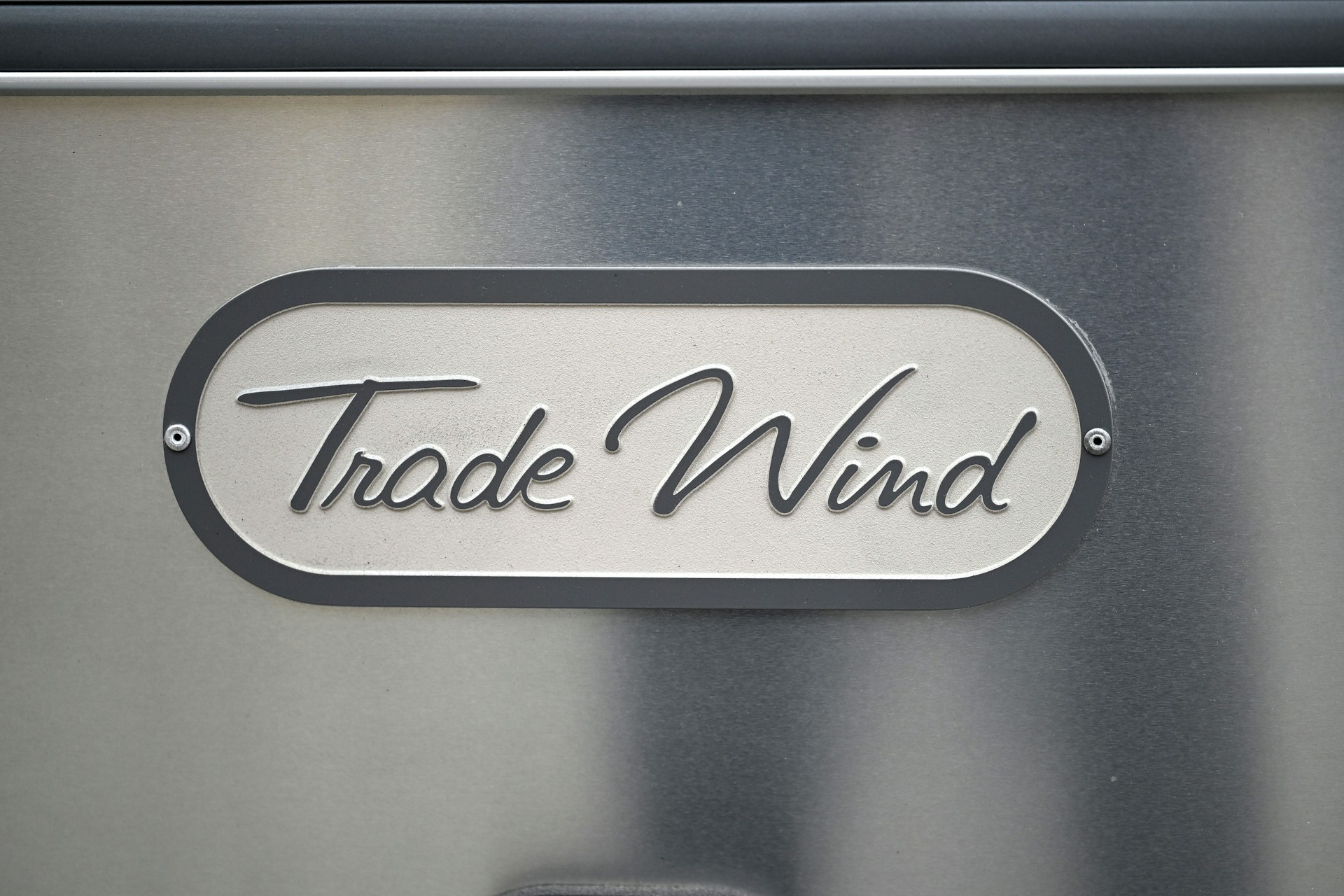Indonesia Opens Critical Mineral Trade to US - Major Win for Steel, EV & Export Sectors

US & Indonesia Strike Landmark Trade Framework
In a significant step toward reshaping global supply chains, the United States and Indonesia have agreed to a trade framework that lifts key export restrictions and opens the door to a deeper economic partnership—centered on critical minerals, steel, aerospace, and agriculture. The deal, announced on July 23, will see Indonesia remove long-standing bans and non-tariff barriers on exports of nickel and other industrial commodities to the US, while the US slashes tariffs on Indonesian goods.
Described by President Donald Trump as a “HUGE WIN for our Automakers, Tech Companies, Workers, Farmers, Ranchers, and Manufacturers,” the agreement is expected to unlock tens of billions of dollars in bilateral trade, including large-scale purchases of Boeing aircraft, American energy, and agricultural products by Jakarta.
Critical Minerals Reopened: Boost for EV & Steel Sectors
At the heart of the agreement is Indonesia’s commitment to remove export restrictions on critical minerals such as nickel—essential for electric vehicle (EV) batteries and stainless steel production. Indonesia is the world’s largest nickel producer, supplying approximately 40% of global output. Its prior export ban, imposed in 2020 to encourage domestic refining, had sparked backlash from trading partners and was challenged by the EU and U.S. at the WTO.
The American Iron and Steel Institute (AISI) welcomed the news, with President Kevin Dempsey stating that the ban had caused “significant distortions in the global market for nickel” and harmed U.S. steelmakers. Lifting the restrictions could ease input costs for U.S. stainless steel producers and provide a reliable supply chain alternative to China, which currently dominates downstream critical mineral processing.
EV Supply Chains Set to Gain
Nickel is a critical component in high-nickel cathodes used in next-generation EV batteries. U.S. automakers and battery manufacturers—such as Tesla, Ford, and GM—stand to benefit from more stable and diversified sources of Class 1 nickel required for battery-grade production.
The deal is expected to enable U.S. battery makers to more securely source critical inputs while potentially qualifying for clean vehicle tax credits under the Inflation Reduction Act, depending on how future rules of origin and processing standards are defined in the final agreement.
Reciprocal Benefits: US Exports to Indonesia Set to Surge
As part of the trade framework, Indonesia will eliminate tariffs on approximately 99% of U.S. goods exported to the country, encompassing sectors like aerospace, agriculture, medical devices, and digital services. In return, the U.S. will reduce its threatened tariffs on Indonesian goods from 32% to 19%.
This could significantly boost exports of Boeing aircraft, as well as American farm products such as soybeans, wheat, and beef. It also enhances market access for U.S. digital technology companies and manufacturers of medical equipment, sectors that have historically faced regulatory and licensing challenges in Southeast Asia’s largest economy.
Commitments on Labor, ESG & Steel Overcapacity
In a move that aligns the agreement with U.S. ESG and labor standards, Indonesia has also pledged to uphold internationally recognized labor rights and adopt stronger environmental protections. Jakarta will join the Global Forum on Steel Excess Capacity and take action to address overproduction, a long-running point of tension in global steel markets.
These ESG and governance commitments may bolster investor confidence in long-term supply chain partnerships, especially among Western firms seeking lower-risk sourcing of raw materials and processed components.
Strategic Geopolitical Implications
The deal is being viewed as part of a broader U.S. strategy to reduce dependence on China for critical minerals and industrial inputs. Indonesia, while having strong ties to China through Belt and Road investments, appears increasingly open to diversifying its strategic alliances. The agreement strengthens Washington’s economic influence in the Indo-Pacific and reinforces Indonesia’s role as a pivotal resource supplier to Western economies.
Notably, the agreement follows similar critical minerals-focused partnerships that the U.S. has signed with countries like Japan, the UK, and Australia. It highlights an emerging global competition to lock in access to future-facing materials essential for clean energy, advanced manufacturing, and defense industries.
Risks & Outstanding Questions
While the framework signals positive momentum, investors should be aware of several risks:
- Implementation Uncertainty: Final negotiations are still underway and expected to conclude in the coming weeks. Key terms on rules of origin, ESG verification, and local investment rules could materially affect how companies can engage.
- Environmental Concerns: Much of Indonesia’s nickel processing relies on energy-intensive, coal-powered operations—raising ESG risks for companies bound by net-zero goals and emissions compliance.
- Chinese Influence: Indonesia’s nickel industry is still heavily backed by Chinese investors, which could complicate Western firms' attempts to build China-free supply chains.
Investment Outlook
Steelmakers, particularly those in stainless and electric arc furnace production, may see margin improvements from cheaper and more reliable nickel access. EV battery producers and related ETFs may benefit from improved supply chain clarity and input cost stability.
Investors should also watch commodity prices, particularly for nickel and cobalt, as export volumes from Indonesia increase. Agribusiness, aerospace, and medical device exporters may find new market penetration opportunities in Indonesia.
Ultimately, this deal marks a strategic pivot that could help fortify U.S. industrial competitiveness and reshape critical mineral trade flows. Investors with exposure to materials, industrials, EV, or commodity sectors should closely monitor the deal’s final terms and its implementation trajectory.
Analyst's Notes




Subscribe to Our Channel
Stay Informed











